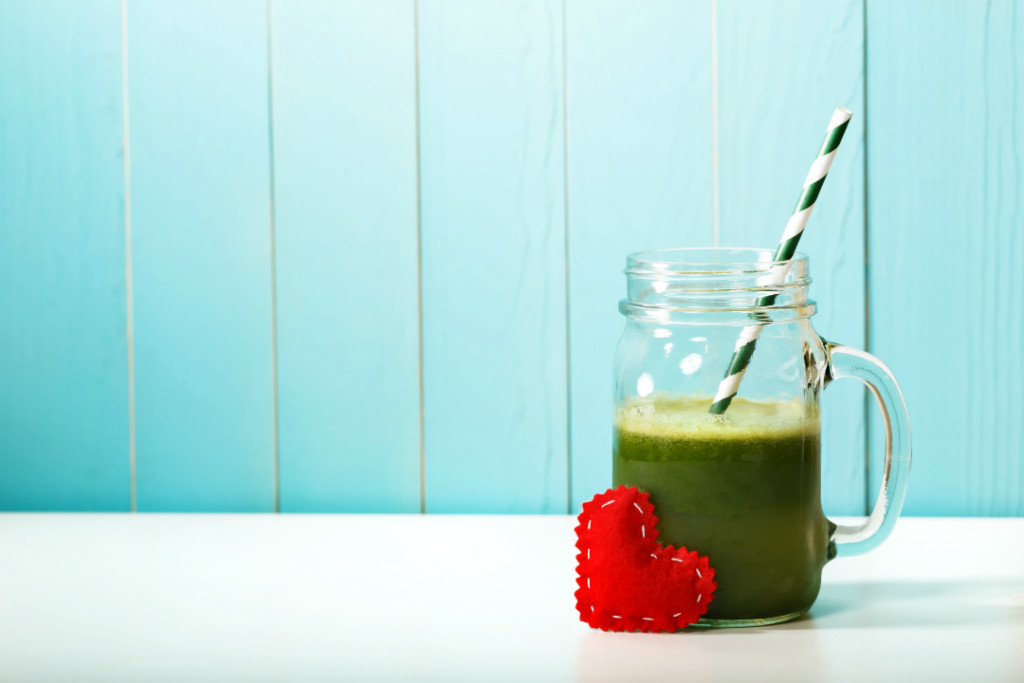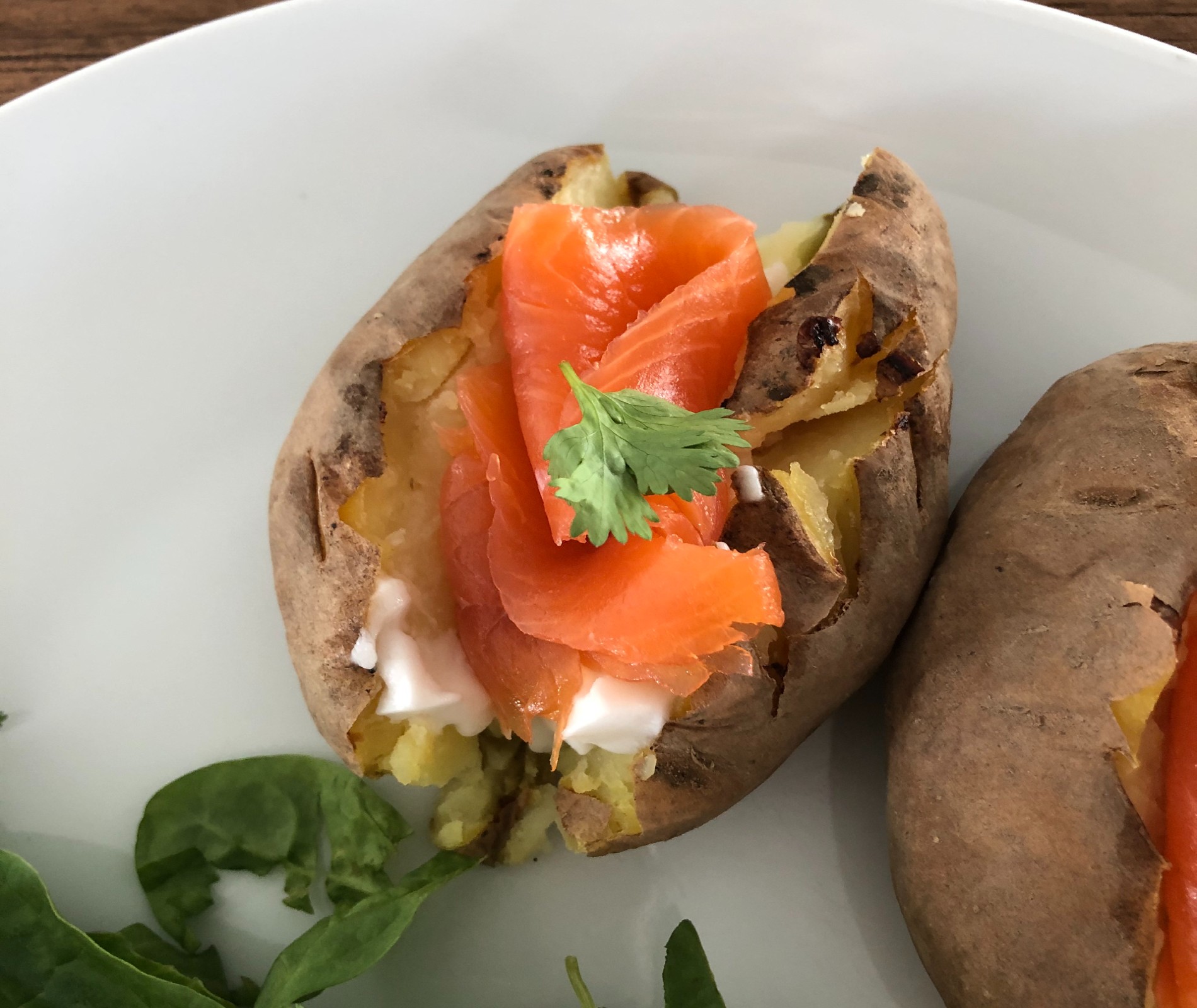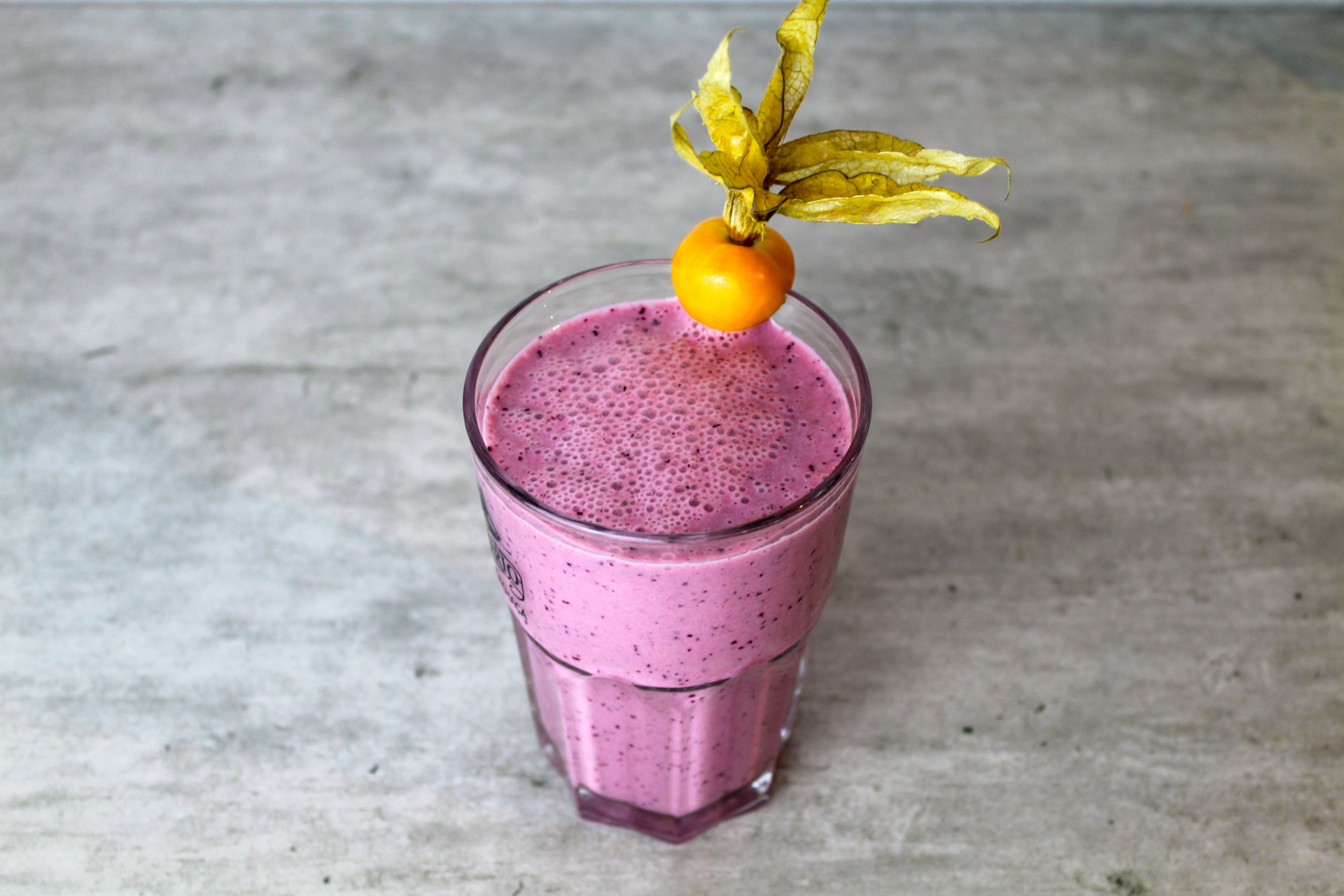
Hippocrates may have walked this earth over 2000 years ago, however we are just starting to learn that some of his words are more true than ever. “All disease begins in the gut” has begun to take on a new meaning as modern science has began to investigate into the microbiota.
What Exactly Is The Microbiota?
The human microbiota refers to the collection of 10-100 trillion symbiotic microbial cells which are found in the body, mainly in the intestinal tract. Not to be confused with the microbiome which actually refers to the genome of these microbes. The microbiota is made up of over 1000 different species of bacteria, and can weigh up to 4.5 lbs.
It aids in digestion for substances that the stomach or small intestine are not able to digest. Certain strains of bacteria produce specific, crucial vitamins such as vitamin B and vitamin K. It also acts as a barrier from the digestive tract to the body which is a very important component of the immune system.
Some experts consider the microbiota an acquired “organ” because it is so important. It is acquired because from the moment you are born you begin to populate your microbiota in various ways. It begins with your birth method, and continues to grow and change throughout your life. Even though DNA is 99.5% similar between humans, your microbiota varies significantly and only recently has science begun to investigate how this may impact progression of disease.
The Immune System and Inflammation Link
The immune system plays it’s role by interacting with the microbiota through inflammation. Inflammation can be complicated. It involves many signals, messengers and systems. It is triggered by the immune system in response to threats such as toxins, cell injury and foreign invaders. In some cases, inflammation is definitely necessary.
The immune system is responsible for fevers when you’re sick, and helps your body heal when you break a bone or become sick from an infection. It is a positive response from the body to get rid of pathogens, and other agents that we do not want in the body.
The problem arises when inflammation becomes chronic, and the big issue is that chronic inflammation is quite common. Chronic inflammation has been long associated with diseases such as heart disease, rheumatoid arthritis, fibromyalgia, and so much more. More recently however, it is being considered for mood disorders such as anxiety.
Foods That Can Trigger Chronic Inflammation
The food you eat can contribute to inflammation. Foods which are high in refined sugars, fried foods, personal food sensitivities and all kinds of processed foods can contribute to inflammation. They can damage the integrity of the intestinal tract which can contribute to “leaky gut”. Other factors such as stress, dysbiosis, and some medications can also contribute to a leaky gut.
Essentially, leaky gut allows for agents which should not be allowed to be absorbed into the body, to be absorbed into the body. This may be undigested food or other agents such as parasites, bad bacteria which would normally not be let into the body. This sets off an inflammatory response once the immune system detects these agents. When the intestinal integrity is low, these agents are getting into the body on a regular basis, and thus are contributing to systemic and chronic inflammation.
The Microbiota, Inflammation and Anxiety
Cytokines are inflammatory messengers which are released when the body detects an invader. They are known to regulate important brain functions implicated in mood disorders. The outcome of high levels of cytokines (and inflammation) may be related to the occurrence of depression, anxiety, and other mood disorders. The vagus nerve may be the connecting factor here. The vagus nerve is the 10th cranial nerve and allows communication from the enteric nervous system (the microbiota) to the brain.
Science Backs Up Certain Probiotic Strains Lower Anxiety
Furthermore, there have been multiple studies which consider the link between the diversity of the strains of bacteria which make up the microbiota and anxiety. Researchers at McMaster’s University in Ontario have shown major links between bacterial strains such as lactobacillus and Bifidobacterium and a reduction in anxiety-like behaviours in mice studies. When the researchers transplanted microbes from “anxious” mice into more “tranquil” mice, the tranquil mice became more anxious. This provides huge insight into the importance of the microbiota, and just how much it actually can influence behaviour. Exciting, right?
How To Support Your Microbiota To Lower Anxiety:
There are some big changes you can try to help reduce inflammation and support your microbiota.
- For inflammation, reducing pro-inflammatory foods such as: alcohol, caffeine, soft drinks, refined sugar, processed foods, and fried foods.
- Identifying food sensitivities either through an elimination diet or by getting your sensitivities tested through your health care practitioner will also give you an idea of which foods to avoid. Food sensitivities are different from food allergies, and require a different test.
- Adding anti-inflammatory foods such as ginger, turmeric, dark leafy greens, and beets are a great way to reduce inflammation. Including foods high in omega 3 fatty acids such as: hemp hearts, walnuts, and fatty fish like salmon are also great anti-inflammatory foods.
- Consider also supporting your microbiota through the addition of probiotic and prebiotic foods. Probiotic foods contain live, beneficial bacteria that will populate in your intestinal tract. Probiotic foods include fermented foods such as: kimchi, kombucha, yogurt, kefir, and tempeh. Prebiotic foods are nondigestible food components which act as food for the bacteria that live in your intestinal tract.
- A few delicious prebiotic foods to include in your regular diet are: onions, garlic, green peas, beets, chickpeas, lentils, watermelon, pomegranate and cashews.
Below I’ve included one of my favourite inflammation reducing and microbiota supporting smoothies. It features kombucha which is high in probiotics, and the anti-inflammatory foods I mentioned ginger, spinach, hemp hearts, and turmeric.
Inflammation Reducing Gut-Loving Smoothie Recipe

Ingredients:
- ½ cup of kombucha of your choice ( I love ginger but we used cranberry)
- 1 generous handful of spinach
- ½ cucumber or 3 mini’s
- ½ -1 inch chunk of fresh ginger
- 3 tsp. hemp hearts
- 1 tsp. dried turmeric
- 1 cup of ice
- 1-2 cups of filtered water (add more to desired consistency)
Directions:
- Add water and hemp hearts to a high speed blender and blend to a milky consistency
- Add spinach, cucumber, ginger, turmeric and ice and blend to slushie consistency
- Pour smoothie into glass then add the kombucha!
- ENJOY !
If you enjoyed my smoothie and you want more delicious recipes, and access to regular videos relating to nutrition and mental health check out my FREE facebook community at Brain Food Nutrition.
Author: Ashley Cockwell regular mental health contributor and founder of Brain Food Nutrition.
Ashley is a Registered Holistic Nutritionist with a university background in Psychology and Neuroscience. She is an individual who has majorly reduced her anxiety and depression through diet and lifestyle changes. This is what propelled Ashley to set up the community group Brain Food Nutrition, and now she dedicates a lot of her time to educating others on the importance of diet and lifestyle for a healthy mood.




1 thought on “Overlooked Contributors to Anxiety: The Microbiota, Inflammation, & Leaky Gut”